Small-scale cannabis social equity success stories emerge amid stumbles among big programs
by Jeff Smith for MJ Biz Daily
While negative headlines pour in about cannabis social equity program delays, barriers and failures, success stories also are beginning to emerge.
Many of the success stories appear to involve minority entrepreneurs who have become equity activists or formed incubators to help others get the know-how and capital needed to break in.
—
Littlejohn cited Amber Senter, CEO of Makr House, an Oakland infused cannabis processor and distributor, and executive director of Supernova Women in Oakland, a group formed in 2015 to empower people of color in the cannabis industry.
The U.S. Coast Guard veteran also co-founded the EquityWorks! Incubator, a shared manufacturing facility/kitchen that incubates social equity operators.
And Senter played a role in the California Cannabis Social Equity Act of 2018 and Oakland’s cannabis equity program.
In Oakland, “they’re issuing grants, they have a loan program, they have a technical assistance program, they have a legal program, where people can come and ask legal questions,” Senter told MJBizDaily a year ago.
“Who else can say that? Nobody.”
In December, Senter received approval from the San Francisco Planning Commission to open a marijuana store and is now going through the building permitting process.
She plans to stock equity trade-certified, Black-, brown- and LGBTQ-owned products.
“I became an advocate for my community out of necessity to create space for myself and my Black colleagues to operate,” Senter wrote in an email to MJBizDaily.
“I believe in liberation for all Black people and prioritizing the communities damaged by the war on drugs to have precedence in the cannabis economy.”
Littlejohn described Senter as “an extraordinary leader in a tough market.”
See full story here

